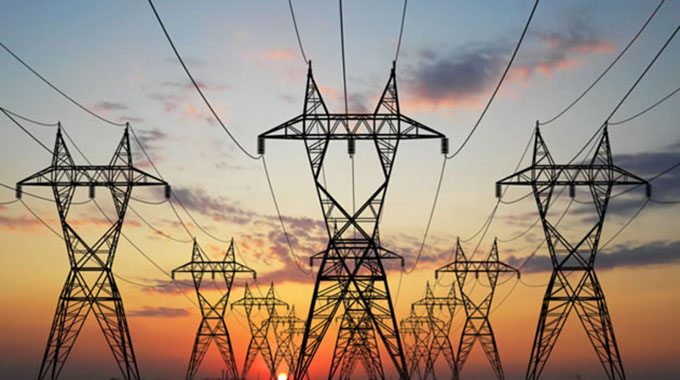Horticultural firms to get ring-fenced power

Martin Kadzere
FRESH produce exporters can now pay electricity bills in foreign currency in exchange for ring-fenced power from Zesa to avoid power cuts, industry players have said.
Reduced production at Kariba hydro power plant due to low water levels and recurrent breakdown at Hwange thermal power plant has seen Zimbabwe experiencing the worst power cuts in three years. This has been compounded by reduced exports.
Most horticultural firms require non-stop supply of electricity to power their cooling facilities and keep their produce fresh before exported to overseas markets.
While the sector – promising to be one of the country’s major foreign currency earners is showing positive signs of recovery with exports having been on an upward trend, it had come under threat due to power shortages that have seen households and businesses, including manufactures enduring long periods of power cuts.
Exports from the sector grew 116 percent last year to US$112 million from US$52 million recorded in the previous year, lifted by new products which were previously not exported.
“Companies can now pay US dollars in exchange of ring fenced power and this will actually save our industry,” said Mr Edwin Moyo, the chairman of Nhimbe Fresh Exports, a big exporter of peas, stone fruits and berries to the European Union.
The European Union is the largest market for Zimbabwe’s horticultural products. The main EU market include Netherlands, which accounts for 43 of total horticulture exports, according to Trade Map. Other importers are United Kingdom Portugal, Italy, Spain, Ireland, Sweden, Belgium, Malta, Romania and Greece. Major export crops are citrus, macadamia, avocado, peas, stone fruits, berries and flowers.
Chief executive of Ariston Mr Paul Spear told The Herald Finance and Business that the Zimbabwe Stock Exchange-listed firm was due to sign a ring-fenced agreement with Zesa yesterday, but would still focus on alternative energy sources such as solar as there was no guarantee of uninterrupted power supplies.
“We are anticipating the problem to persist for some time, although on a smaller scale,” said Mr Spear.
Ariston is talking to Distributed Power Africa, a subsidiary of Econet for the installation of solar plant at one of its estate in Chipinge, Mr Spear added.
Miners and tourism companies are some of the consumers that have been placed on dedicated power lines.
Mr Moyo said various fresh producers were investing in solar plants, but bemoaned challenges to obtain off shore capital because Zimbabwe “is considered risky”.
“It is unfortunate that we are having all these challenges at a time when fresh produce from Zimbabwe is on high demand particularly in Europe,” said Mr Moyo.
The launch of the African Continental Free Trade Area will also create huge opportunities for Zimbabwe to export into the region mainly in Mozambique, Zambia, Botswana and the Democratic Republic of Congo, which have lesser controls.
Other potential markets exist in Germany and Asia, particularly in Japan. Dubai is also emerging as a strong market for Zimbabwean horticultural produce. Zimbabwe used to be one of the largest exporters of a wide range of horticultural products in Africa, supplying overseas markets including the Middle East. For instance, citrus exports peaked in 2001 at 45 000 tonnes, being 60 percent of fresh produce output.
Zimbabwe also became a valuable exporter of cut flowers, and by 2001, it was ranked as the second largest in Africa, behind Kenya, second among African, Caribbean and Pacific exporters, and was the fifth biggest exporter to the EU.










Comments